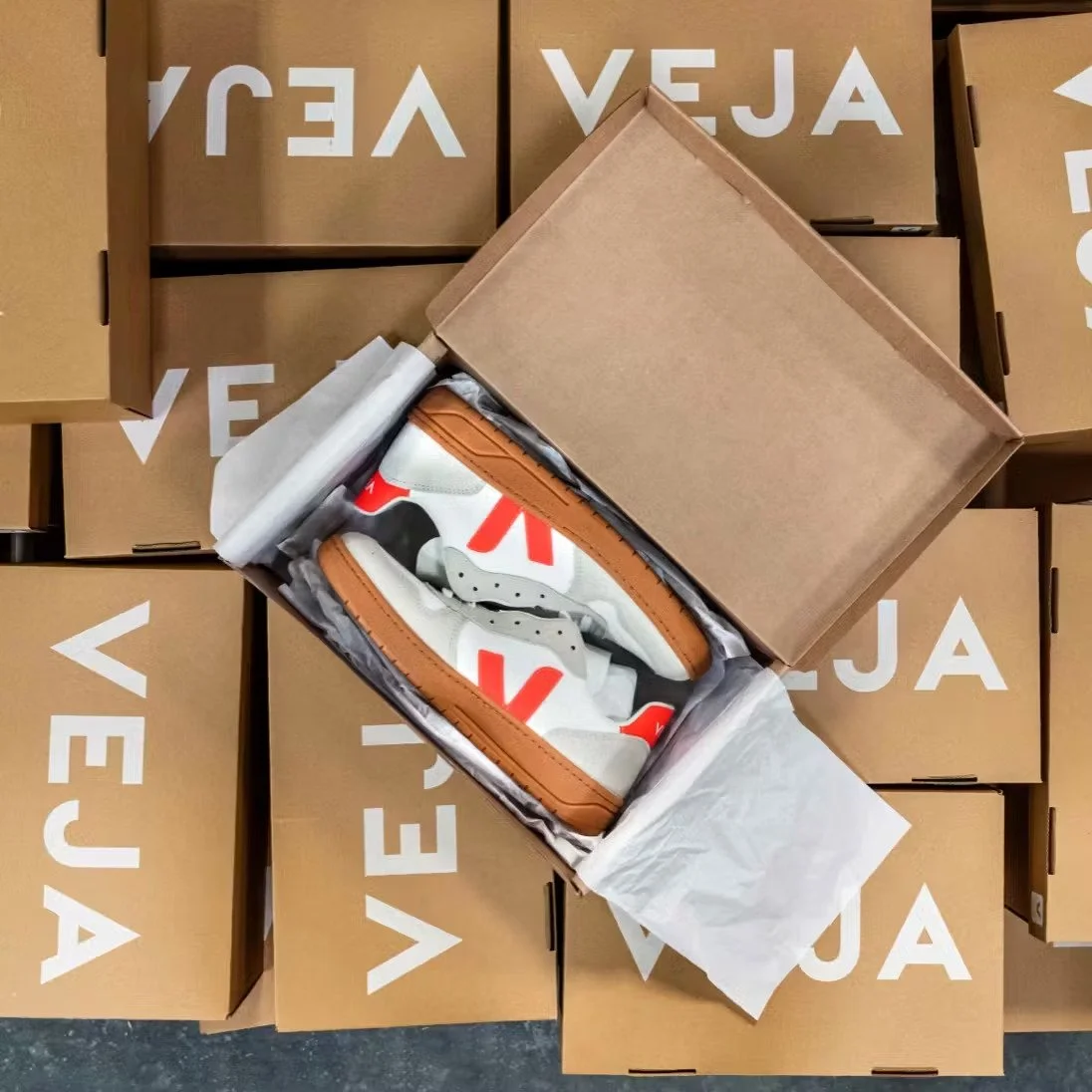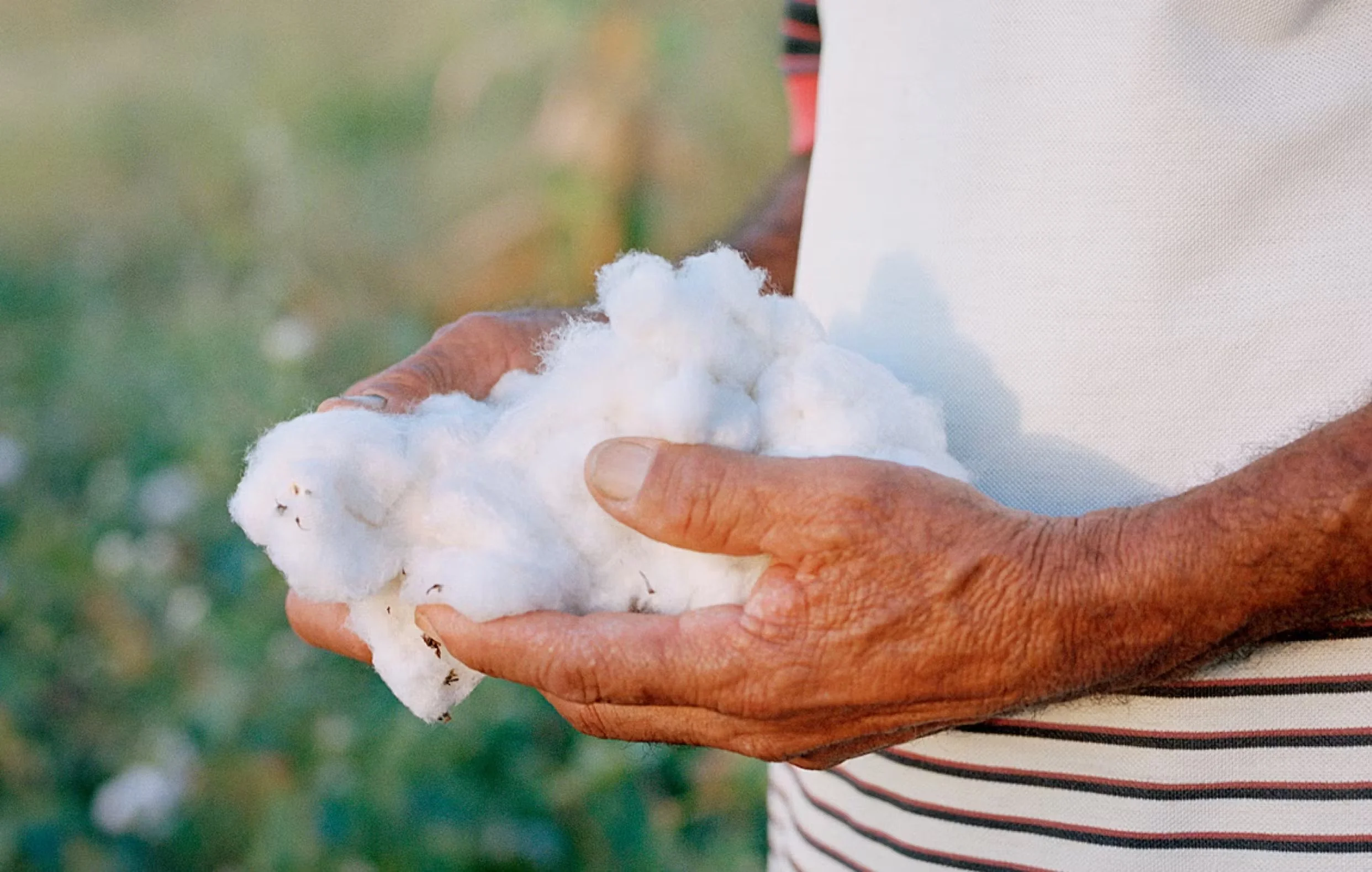Sustainability stories: VEJA, the most ethical sneaker brand in the world
Veja, a French footwear brand, is our favorite ethical footwear brand that leads by example towards a more resilient society that coexists with other natural ecosystems.
Impactful studies that warn the irreversible threats that humankind has caused to the natural world keep seeing the light of the day.
So, how could footwear manufacturing become a sustainable business practice that has a positive impact on the planet, animals and society?
Planet
ORGANIC COTTON
The brand chooses to work only with pesticide-free crops that are grown with agroecological methods. This practice regenerates the quality of the soil making it richer than it was before cultivating it and attracting healthy pollinators to the crops.
SNEAKERS WITHOUT PLASTIC!
Minimum petroleum is used on Veja’s shoes. Instead, they use rubber from the Amazon, which is procured by local communities that have expertise in rubber extraction, a procedure that helps the rubber trees to regenerate and local communities live decently out of this practice.
LOW IMPACT PACKAGING
Their packaging is made of recycled cardboard, a material that is easily recyclable.
Animals
TRACEABILITY OF LEATHER
Although leather can’t really be ethically made, Veja has been working to properly trace the origin of the leather they use. They only procure from certified suppliers by the Leather Working Group, a professional group that has developed the best environmentally friendly practices throughout the leather supply chain.
CRUELTY-FREE SHOES
One out of 3 models is 100% vegan. This means that no animal origin material is used in some of their models.
Society
FAIR-TRADE MATERIAL PROCUREMENT
Cotton and rubber are procured directly from cotton farmers, rubber producers or their cooperatives. This means that there are no intermediaries and their material suppliers get a fair wage. All cotton and rubber are purchased in advance at a price that is decorrelated to the market price and higher than the industry standard.
SOCIALLY RESPONSIBLE SHOES ASSEMBLING IN BRASIL
The products are assembled in a local cooperative factory in Brazil where workers’ rights are protected through proper working conditions, socially-just wages and time-off. Veja got an offer from a Chinese factory and it would cost 3 times less to produce in China (5.3€) than in Brazil (18.21€), as they currently do. This huge manufacturing price difference explains the price of fair and sustainable materials and processes that the brand and its clients are willing to pay.
SOCIAL COMMITMENT IN EUROPE
Veja works with the Atelier Sans Frontieres association (ASF) in France, which helps ex-offenders, drug-users and others facing social exclusion find work. All Veja shoes are shipped from Brazil to ASF in France to be later packaged and shipped to stores and online sales.
What do we learn from Veja's story?
Even though materials are not locally procured, a brand has the responsibility to establish fair relationships that empower local economies and protect local biodiversity. Sustainable practices in the fashion industry must include measures that protect and improve the working conditions of overseas garment workers and material suppliers.
Today’s most valued mindset of a fashion brand is transparency. Veja has openly communicated on the areas to improve, such as non-organic cotton laces, synthetic rubber used for insoles or online sales with banking partners that have subsidiaries in tax-havens. In the same way, they share on their website the contracts with organic cotton producers, how much laborers are paid, even the chemicals used in their pairs.
There is no perfect sustainable brand however there are practices that can improve the impact of producing the most common product in the world, a pair of sneakers, in a climate-friendly and socially-just way. We love the fact that even though their products cost x 3- 4 times more to manufacture, they have decided to cut on marketing costs rather than reducing investment and support to farmers and producers. That's why you will never see advertising of Veja’s products.








